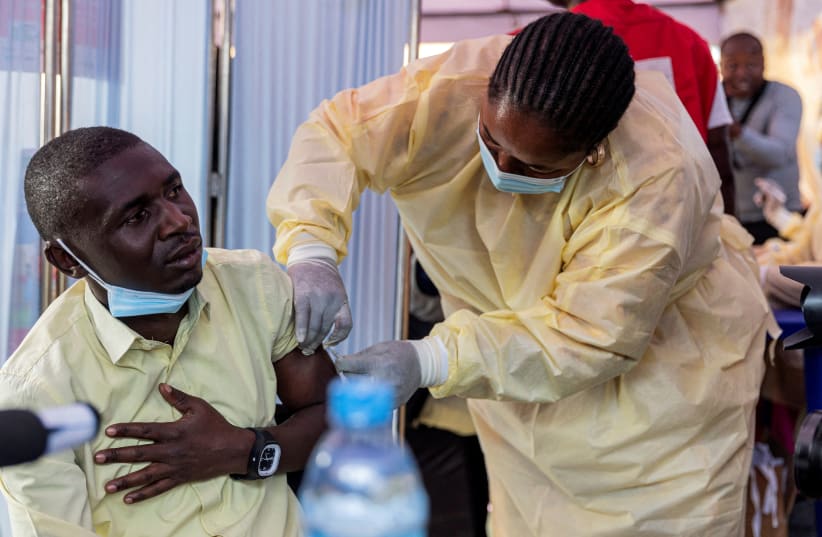In a recent development, the Africa Centres for Disease Control and Prevention (Africa CDC), Africa’s principal health agency, has pinpointed malaria as the most probable cause behind an outbreak that has tragically claimed over 80 lives in the south-western Democratic Republic of Congo (DRC). This outbreak, initially shrouded in mystery, has been characterized by flu-like symptoms including high fever, headaches, breathing difficulties, and anaemia among the affected individuals.
The outbreak has predominantly affected the Panzi health zone, where the majority of the samples tested have confirmed the presence of the malaria parasite, which is transmitted by mosquitoes and is known to be endemic in this part of the DRC. The situation has been worsened by widespread malnutrition among the local population, diminishing their resistance to the disease. Despite this, Dr. Ngashi Ngongo from Africa CDC noted during a press conference that while malaria is the primary suspect, health experts remain open to the involvement of other pathogens, given the complexity of the outbreak’s presentation.
Adding to the concern, the death of an adult male in the region, who displayed symptoms akin to haemorrhagic fever, has fueled speculation about a concurrent viral infection. This has led to a broadening of the investigative scope to explore whether there might be multiple diseases at play. Samples from this deceased patient have been expedited to Kinshasa, the capital of DRC, for advanced testing. The results from these tests are eagerly awaited within the next week, which could provide further clarity on the situation.
To address this health emergency, the Africa CDC, in collaboration with the World Health Organization (WHO) and other international health bodies, has ramped up efforts to investigate the outbreak. They are conducting extensive testing to rule out or confirm the presence of other infectious agents. The intensified investigation aims to not only identify any additional contributing factors but also to prevent further spread and to tailor the response appropriately.
Malaria control in the DRC remains a significant challenge due to factors like poor healthcare infrastructure, limited access to medical facilities, and the ongoing issue of malnutrition which exacerbates the severity of infections. The outbreak has highlighted the urgent need for improved public health interventions, particularly in remote and underserved areas like the Panzi health zone.
For more updates on this outbreak, keep an eye on official communications from the Africa CDC and WHO. To understand more about malaria prevention and control in the DRC, visit resources provided by these organizations.
Keywords: Malaria Outbreak DRC, Panzi Health Zone, Africa CDC, WHO, Malaria Symptoms, Malnutrition, Haemorrhagic Fever, Health Emergency DRC














Leave a comment